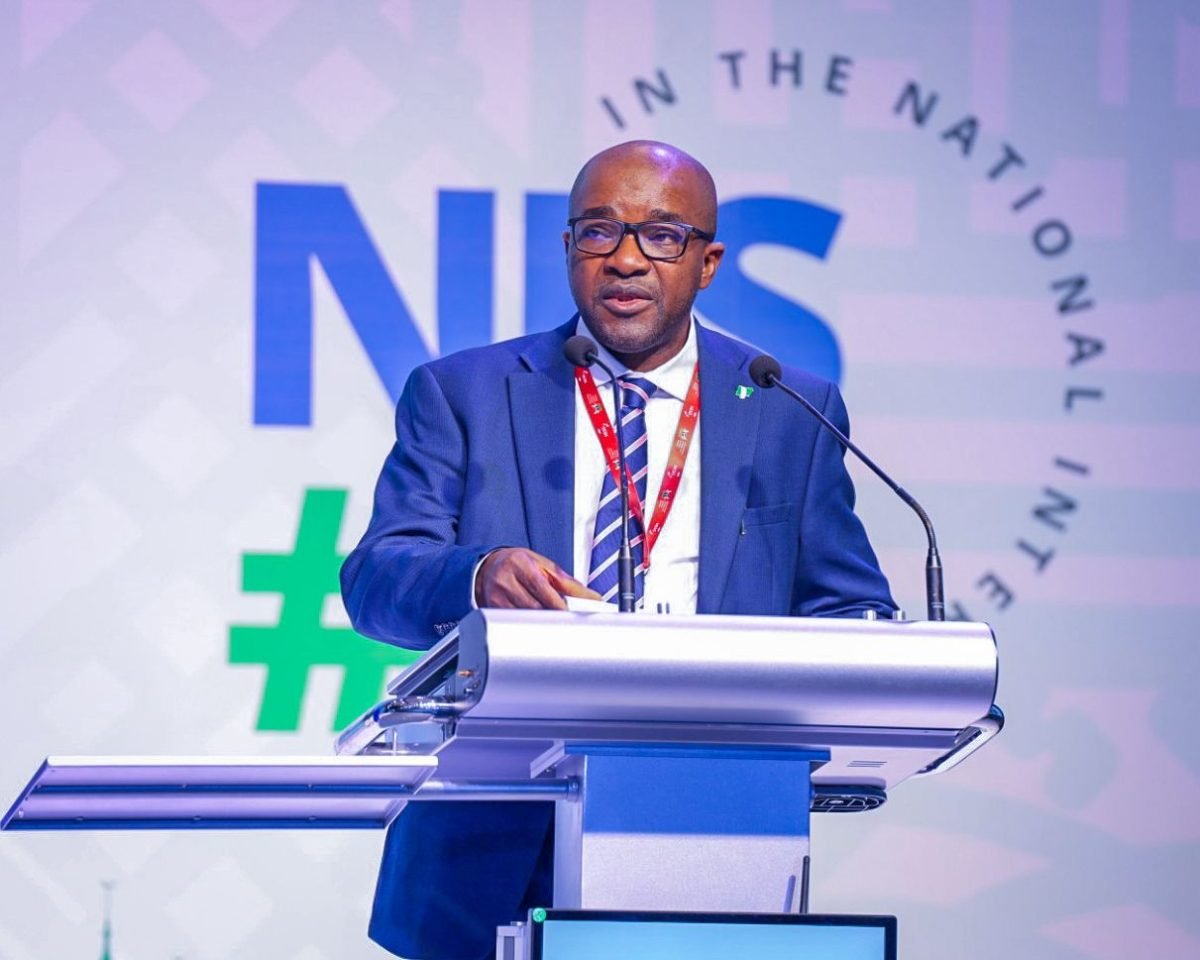This article was produced with the support of Nigerian Economic Summit Group
The statement laid out a clear and urgent roadmap for Nigeria’s economic transformation. With the theme “The Reform Imperative: Building a Prosperous and Inclusive Nigeria by 2030,” Yusuf emphasized the need for bold reforms, inclusive growth, and unwavering commitment to policy execution.
“This Summit is more than an event,” Yusuf declared. “Since 1993, the Nigerian Economic Summit has been Nigeria’s foremost platform for public–private dialogue.”
NESG: A Legacy of Reform and Impact
Yusuf highlighted the NESG’s historic role in shaping Nigeria’s economic landscape. “Over the years, this Summit has generated ideas that became policy proposals and reforms that reshaped our economy: from telecoms liberalisation that connected millions, to pension reforms that secured the future of workers, and the establishment of frameworks for Public-Private-Partnership and the Infrastructure Concession Regulatory Commission (ICRC) amongst other achievements,” he said. The chairman credited these achievements to “persistence, collaboration, and a shared vision for progress.”
Speaking further he added, “Some may call the NESG persistent – always writing, speaking, and urging reform – but persistence is our duty. Imagine what would happen if we stopped talking.”
In times of crisis, Yusuf noted, the Summit has served as a compass “bridging the gap between private and public sector, between vision and execution, and between policy and people.”
Ongoing reforms and the delivery of real impact
While acknowledging the courage behind and impact of recent reforms, Yusuf emphasized their human cost. “Millions of Nigerians are carrying the weight of these changes…reforms must not only stabilise our economy; they must also translate into opportunity and prosperity.”
He urged that reforms be people-centered: “It is not just a headline. It is a call to conscience. We must pursue growth that is broad-based, equitable, and sustainable.”
Drawing transformative lessons from abroad
Yusuf drew inspiration from global case studies. “Japan rebuilt from ruins after World War II through institutional reforms and technological advancement. China’s reforms lifted hundreds of millions out of poverty. South Korea transformed through export-led industrialisation. Vietnam’s ‘Đổi Mới’ reforms unleashed entrepreneurship.” He stressed further that, “these countries embraced consistency, courage, and people-centred reforms. For Nigeria, this is our moment of renewal – our chance to act with integrity, urgency, and inclusivity.”
Nigeria’s economy between progress and fragility
Yusuf acknowledged Nigeria’s mixed economic picture. Following GDP rebasing, growth reached 3.4% in 2024, up from 3.0% in 2023, driven by ICT, real estate, and trade. H1-2025 saw an average growth of 3.7%. Oil production rose to 1.68 million barrels per day, reflecting improved security in the Niger Delta.
However, per capita income fell sharply due to inflation and currency depreciation. “Inflation, though moderating to 20.1% in August 2025, remains among the highest in Africa,” Yusuf noted. The fiscal deficit widened to ₦15.5 trillion in 2024, and while debt-to-GDP ratio stood at 40.6%, the debt service-to-revenue ratio remains burdensome.
While highlighting the rise in foreign capital inflows, Yusuf emphasised that while foreign portfolio investment has grown, foreign direct investment remains weak. “Policy credibility, incentives, and structural competitiveness are key to attracting long-term capital.”
From Stabilisation to Transformation
Yusuf outlined NESG’s three-phase roadmap: Stabilisation, Consolidation, and Acceleration. “Stabilisation is materialising, albeit painfully and with fragility. But it is not the destination. If we stop here, we risk losing the progress that has been so courageously won.”
He urged Nigeria to move into the consolidation phase: “Consolidation must give us direction – turning fragile recovery into resilient, inclusive growth.”
How to achieve Consolidation
To achieve consolidation, Olaniyi Yusuf identified seven critical priorities:
1. Industrialisation and Enterprise Growth: “We must build industries anchored on local value chains, agro-processing, renewable energy, and light manufacturing. MSMEs must have access to affordable finance, stable power, and technology.”
2. Infrastructure for Competitiveness: “Reliable power, efficient logistics, and digital connectivity are essential. We must expand broadband for education, healthcare, and enterprises.”
3. Unlocking Investments: “Nigeria must signal that it is open, predictable, and fair for investors. Policy predictability, investor protection, and faster dispute resolution are critical.”
4. Fiscal Sustainability: “We must strengthen revenue, manage debt prudently, and align fiscal and monetary policy to sustain trust and growth.”
5. Advancing Inclusion: “Growth must be felt in households. Policies must be pro-youth, pro-women, and pro-poor.”
6. Strengthening Institutions: “Reforms last when embedded in systems. Regulators must enable business, not stifle it. Dead businesses don’t employ workers, they don’t pay salaries, and they don’t pay taxes.”
7. Addressing Security: “Without peace, reforms cannot take root. Tackling insecurity is vital to unlock productivity and restore confidence.”
From Consolidation to Acceleration
Yusuf warned however that while consolidation will signal progress, it will not be sufficient. “Consolidation is necessary, but it is not sufficient…Acceleration is what will differentiate survival from true prosperity” because it will drive sustained high growth, rising per capita income, poverty reduction, and global competitiveness.
NESG’s Five I’s as anchors of reform
Concluding, Olaniyi Yusuf introduced the Summit’s guiding framework: the Five I’s – Industrialisation, Infrastructure, Investments, Inclusion, and Institutions.
“These are not abstract concepts; they are the pillars of reform and must be the foundation of the National Development Plan for 2026–2030,” he said. “We must send a clear message: Nigeria is open for investment, and Nigeria will protect, not picket, investors.”
Yusuf’s message that reform is not optional but a critical imperative helps make the case that Nigeria’s trillion-dollar economy is not just a dream, but a destination within reach.

 Sign in with Google
Sign in with Google 



